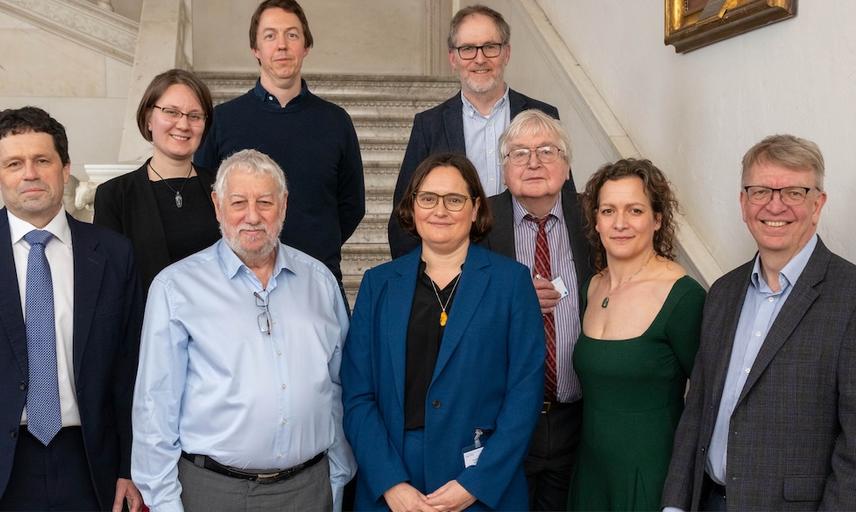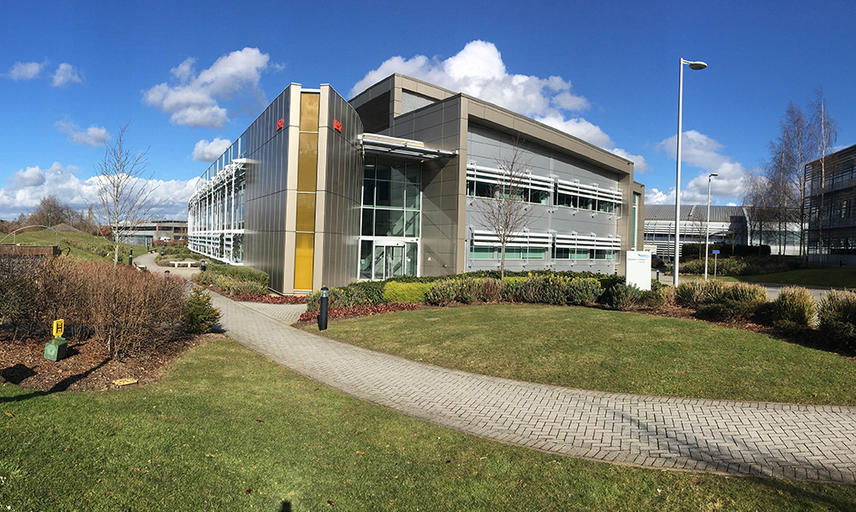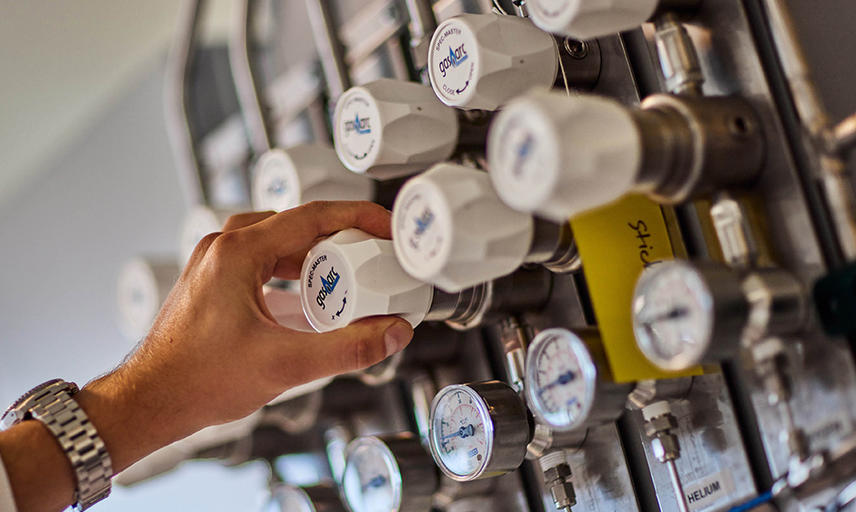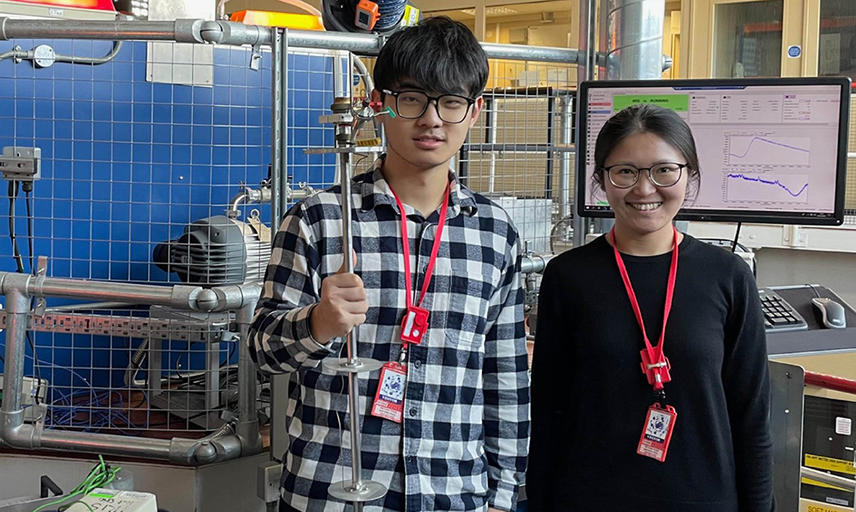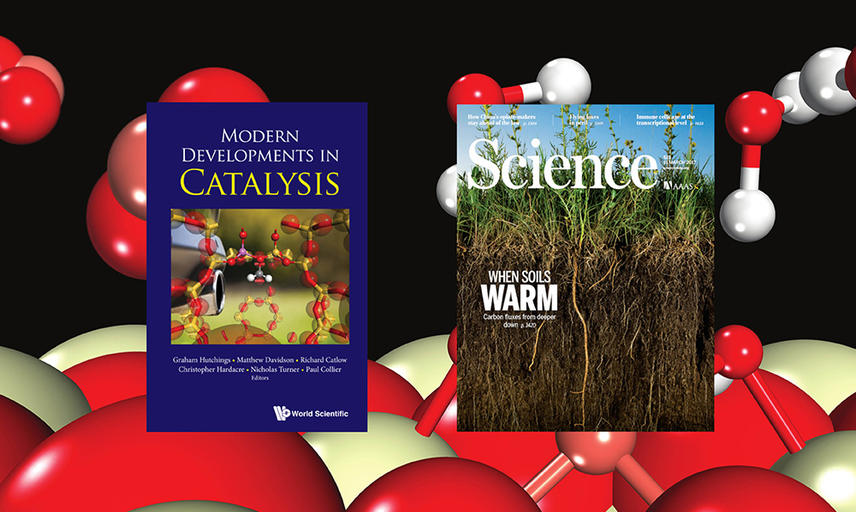Home
The UK Catalysis Hub is a consortia of universities involved in catalysis research. It brings together forty-six universities, fifteen companies, the STFC Harwell science facilities and thirteen international partners.
Research Complex at Harwell
Research Complex at Harwell
Get Involved
Get Involved
Publications





